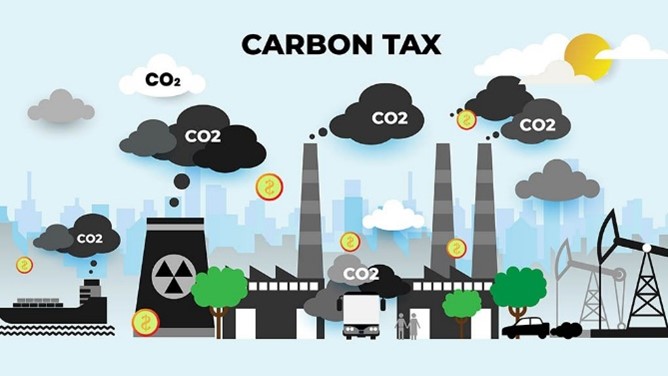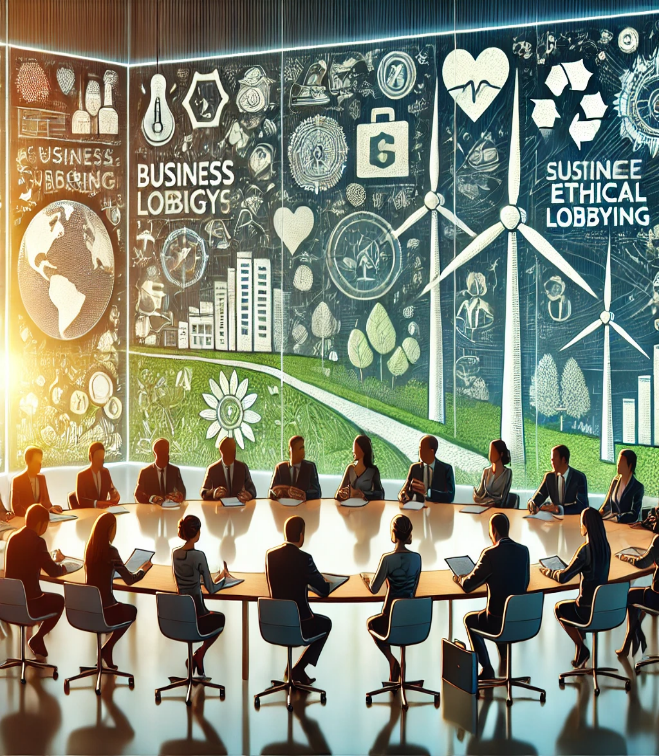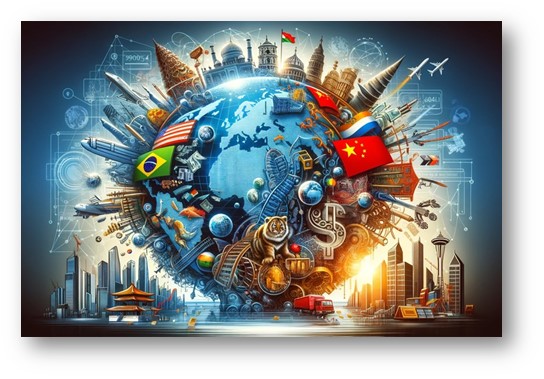What role do global organizations, like the UN, play in addressing climate issues?

What role do global organizations, like the UN, play in addressing climate issues?
by Sebastian 04:51pm Jan 02, 2025
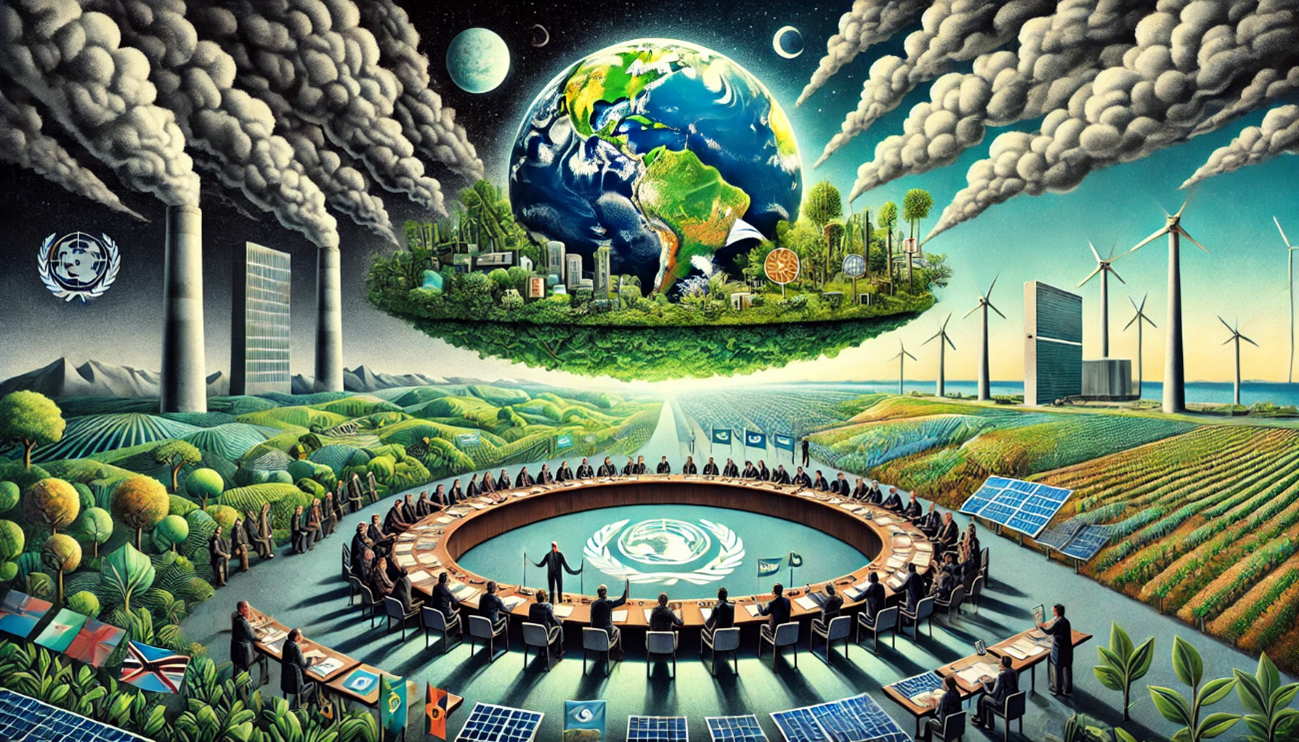
What role do global organizations, like the UN, play in addressing climate issues?
Global organizations, such as the United Nations (UN), play a crucial role in addressing climate change by facilitating international cooperation, setting standards, mobilizing resources, and monitoring progress. They provide a platform for countries to come together, negotiate policies, and collaborate on solutions to the climate crisis. Here are the key ways global organizations like the UN contribute to addressing climate change:
1. International Climate Negotiations and Agreements
UNFCCC (United Nations Framework Convention on Climate Change): The UNFCCC is the primary international body responsible for addressing climate change. It brings countries together to negotiate agreements aimed at reducing global emissions and limiting global warming. The most notable agreements facilitated by the UNFCCC include:
The Paris Agreement (2015): This landmark agreement sets a global target to limit global warming to well below 2°C, preferably to 1.5°C, above pre-industrial levels. It requires countries to submit nationally determined contributions (NDCs), outlining their climate action plans.The UNFCCC plays a vital role in overseeing and facilitating these negotiations and reviews.
Kyoto Protocol (1997): Another significant agreement, although now largely superseded by the Paris Agreement, which established binding emission reduction targets for developed countries.
COP (Conference of the Parties): The annual COP meetings under the UNFCCC bring together governments, international organizations, civil society, and businesses to discuss and negotiate climate action. These meetings serve as key moments for updating and strengthening climate commitments.
2. Monitoring, Reporting, and Verification
Global Stocktake: The UNFCCC conducts periodic reviews of the progress made by countries toward meeting their climate targets. The Global Stocktake, occurring every five years, evaluates collective progress on the goals of the Paris Agreement and helps identify whether additional action is necessary.
Emission Reporting:The UNFCCC also ensures that countries report their greenhouse gas emissions regularly. It monitors the transparency and accountability of these reports, helping the international community assess the effectiveness of climate policies.
3. Technical and Scientific Support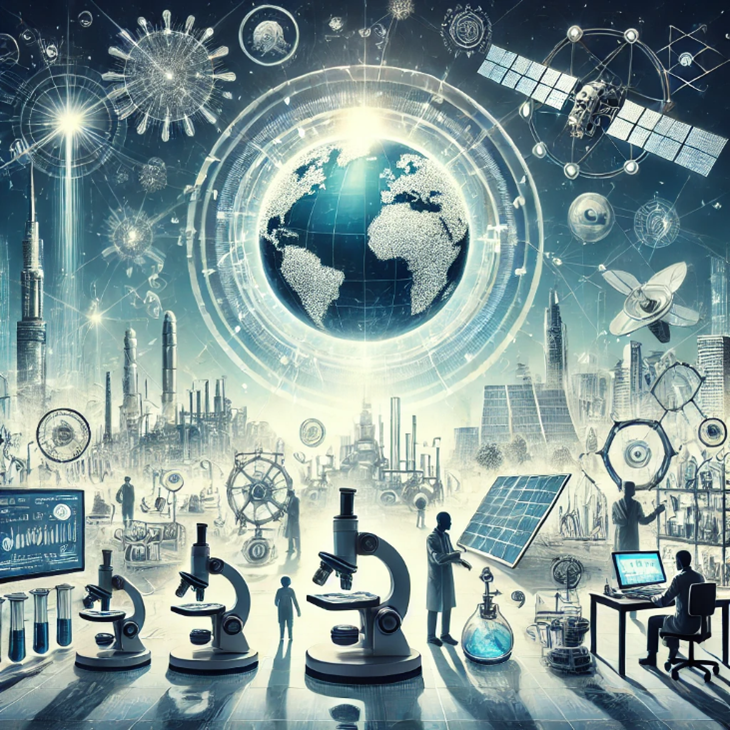
IPCC (Intergovernmental Panel on Climate Change): The IPCC, a body created by the UN and the World Meteorological Organization (WMO), provides scientific assessments on climate change. Its reports are crucial for guiding international climate policy, offering data on climate impacts, vulnerabilities, and the potential effects of different mitigation strategies. The IPCC's periodic reports serve as key sources of information for negotiations and policy discussions.
Capacity-Building:The UN and its agencies work with countries, particularly developing ones, to build their capacity to mitigate and adapt to climate change. This includes providing scientific research, technology transfer, and training to enable countries to better assess and address climate impacts.
4. Facilitating Financial Support
Green Climate Fund (GCF): One of the key mechanisms established under the UNFCCC, the GCF helps provide financial support to developing countries for climate mitigation and adaptation. This fund is essential in ensuring that vulnerable nations, which may lack the resources to tackle climate change, can access funding for low-carbon development and resilience building.
Climate Finance: The UN supports the mobilization of climate finance, encouraging developed countries to fulfill their financial commitments to help developing countries tackle climate change. This includes both public and private funding for projects and investments in clean energy, infrastructure, and disaster risk reduction.
5. Raising Awareness and Promoting Global Action
Global Campaigns and Advocacy: The UN plays an important role in raising global awareness about climate change through campaigns such as UN Climate Action and the UN Decade on Ecosystem Restoration. It uses its global reach to encourage governments, businesses, and individuals to take action on climate issues.
Sustainable Development Goals (SDGs): Climate change is integrated into the broader SDG framework, particularly SDG 13, which calls for urgent action to combat climate change and its impacts. The UN works to ensure that climate change is addressed as part of a holistic approach to sustainable development, aligning climate action with poverty reduction, health, equality, and other critical global issues.
6. Supporting Climate Adaptation and Resilience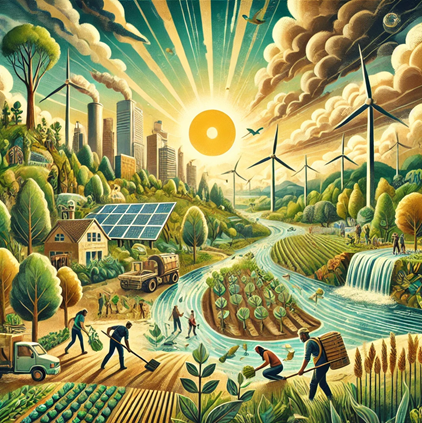
Adaptation Fund:This fund helps developing countries finance adaptation projects to cope with the effects of climate change, such as sea-level rise, droughts, and extreme weather events. It supports initiatives that help vulnerable communities build resilience to climate impacts.
Disaster Risk Reduction: The UN's role in disaster risk reduction (DRR) is also vital in addressing the impacts of climate change, particularly through the Sendai Framework for Disaster Risk Reduction, which aims to reduce disaster losses and enhance resilience to climate-related disasters.
7. Facilitating Global Collaboration and Partnerships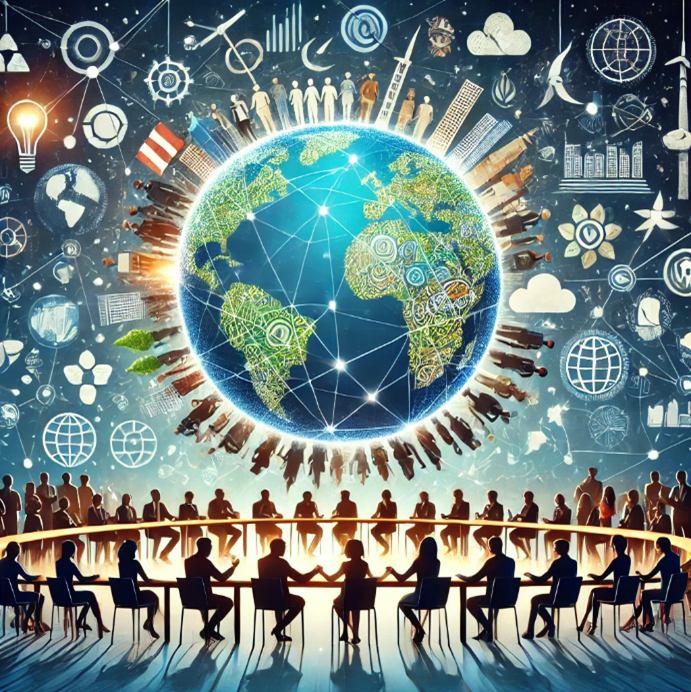
Global Climate Networks: The UN acts as a convening platform for a range of stakeholders, from governments and intergovernmental organizations to the private sector and civil society. By bringing diverse actors together, the UN fosters partnerships and collaborative efforts to tackle climate change.
Multilateral Cooperation: Through its various agencies and programs, the UN facilitates multilateral efforts, where countries can share knowledge, coordinate actions, and develop joint initiatives. This cooperation is essential for addressing climate change, as it is a global issue requiring collective action.
8. Promoting Just Transition and Social Equity
Climate Justice:The UN advocates for a "just transition," which ensures that climate policies also address social equity, particularly for vulnerable populations. It emphasizes that the most vulnerable countries and communities—often those least responsible for climate change—should receive support in terms of finance, technology, and capacity-building to cope with the impacts of climate change.
Human Rights and Climate Change: The UN promotes the recognition of climate change as a human rights issue, highlighting the disproportionate effects on marginalized groups, including Indigenous peoples, women, and low-income communities. The UN calls for policies that protect human rights and promote inclusivity in climate action.
9. Peace and Security
Climate Change and Conflict: The UN recognizes that climate change can exacerbate tensions, particularly in regions where resources such as water and land are scarce. The UN's Department of Political and Peacebuilding Affairs works to prevent conflicts that may arise from climate impacts by promoting cooperation and diplomacy. The UN Security Council has also begun to address climate change as a potential threat to international peace and security.
Conclusion
Global organizations, particularly the UN, are central in coordinating the international response to climate change. They facilitate negotiations, provide scientific and technical expertise, mobilize financial resources, and promote cooperation among governments, the private sector, and civil society. While addressing climate change is a challenging and complex task, the UN and other global organizations serve as essential platforms for creating a unified, multilateral approach to mitigate and adapt to climate impacts, ensuring that no country is left behind in the transition to a sustainable future.



